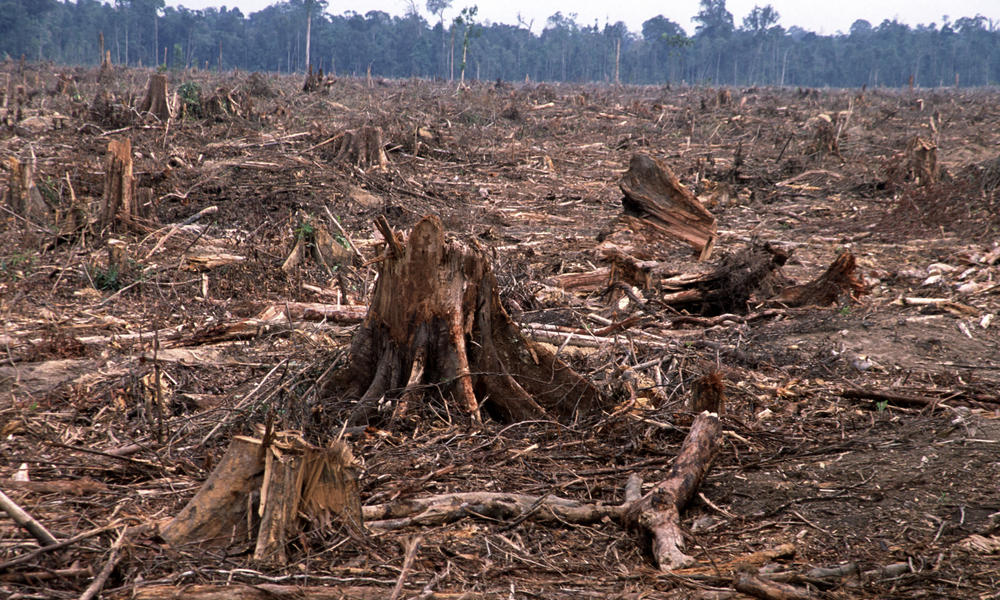- I disagree with the statements in this passage about climate change. This winter alone is a perfect example of how things are really not getting that much worse. This article was written in 2007 which is around the time this whole topic was really big and yes many people would have seen it then but now it is a different story. What struck me the most was when they talk about returning to our roots of existence. I do think that we are bad for the environment in a lot of ways but I disagree with needing to return all the way to that.
- One current issue that I believe is huge is the use of nonrenewable energy. Although renewable energy is still not close to being there with nonrenewable, in the recent years it has been rapidly growing. Here is a quote from an article I found that really shows this growth, "Since 2007, electricity generation from coal has fallen 24.9% from 2.02 billion MW-hrs to 1.51 billion MW-hrs in 2012. Meanwhile, over the same time frame wind grew 309% to 140.8 million MW-hrs and solar grew 607% to 4.3 million MW-hrs. That doesn't include distributed solar on residential rooftops or any installations from 2013, which was a record year for solar, installing about 4.4 GW in the U.S." This shows us how the trend of renewable resources will really fuel the future. In the near future we can expect to dwindle down the use of nonrenewable energy sources. However, the automobile is still something that I believe a percentage of will run on gas for a very long time seeing as how people still own cars from pre 1900 even. If the change does not happen though, our fuels will eventually run out, not saying anytime soon but they will. On top of that, nonrenewable energy sources cause great amounts of pollution as compared to renewable. There is a weakness to this solution though and that is cost. However, in recent years the cost has gone down a huge amount and will keep falling.
http://www.fool.com/investing/general/2014/01/28/renewable-energy-is-winning-the-battle-versus-foss.aspx









